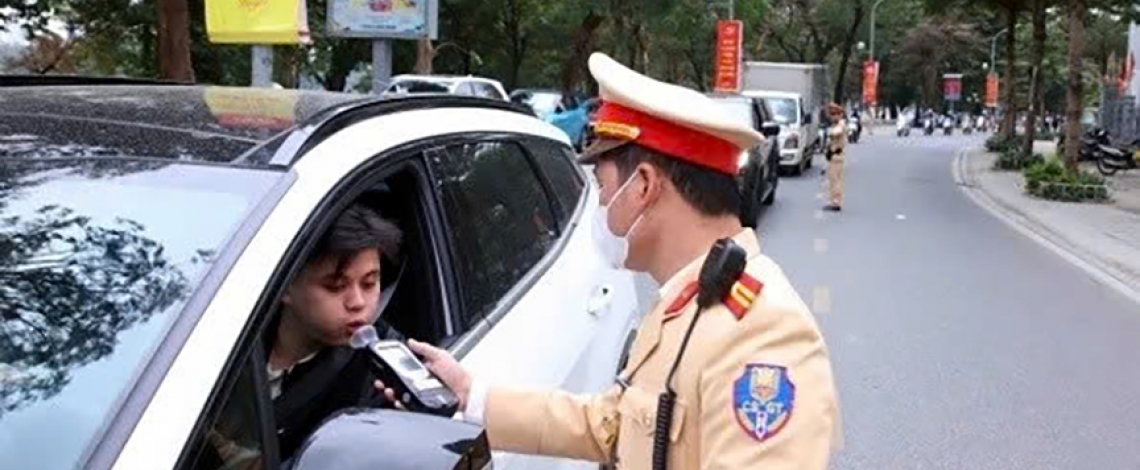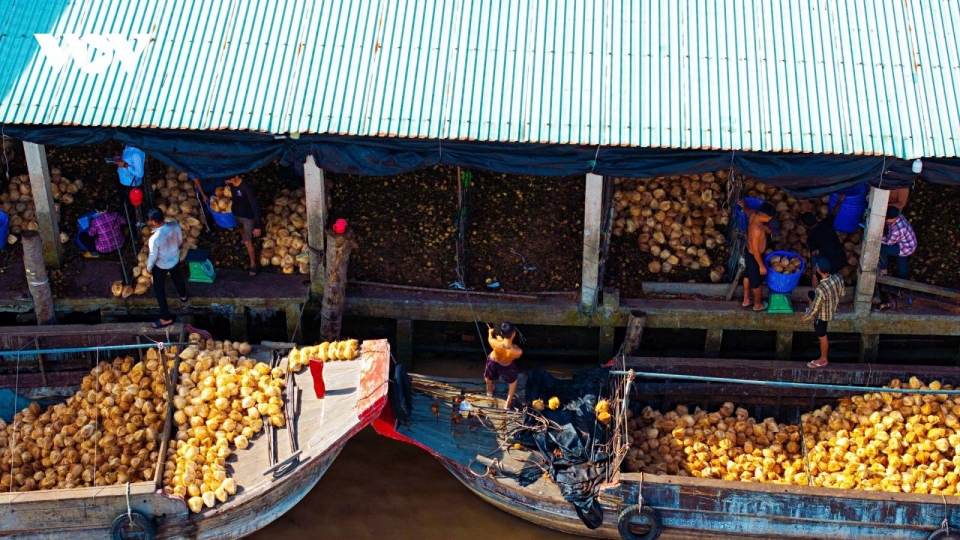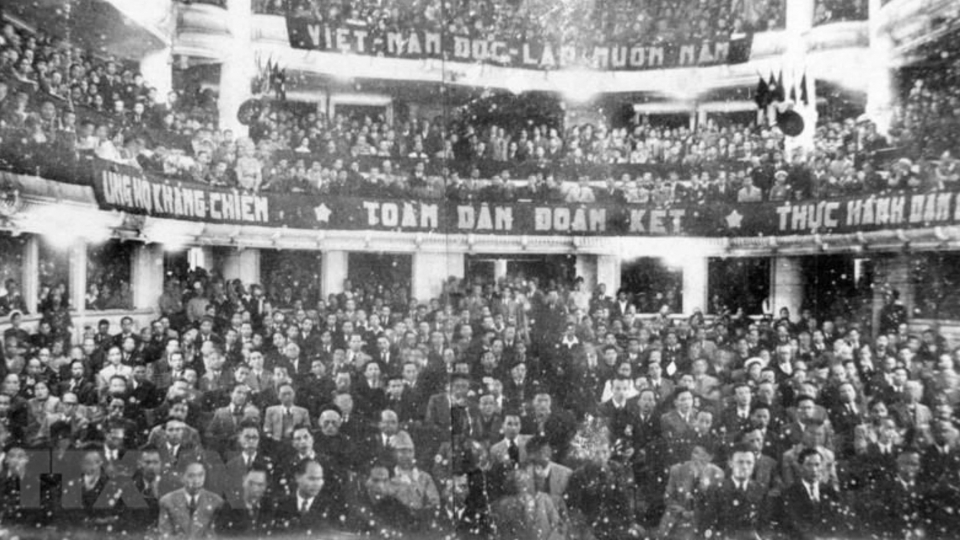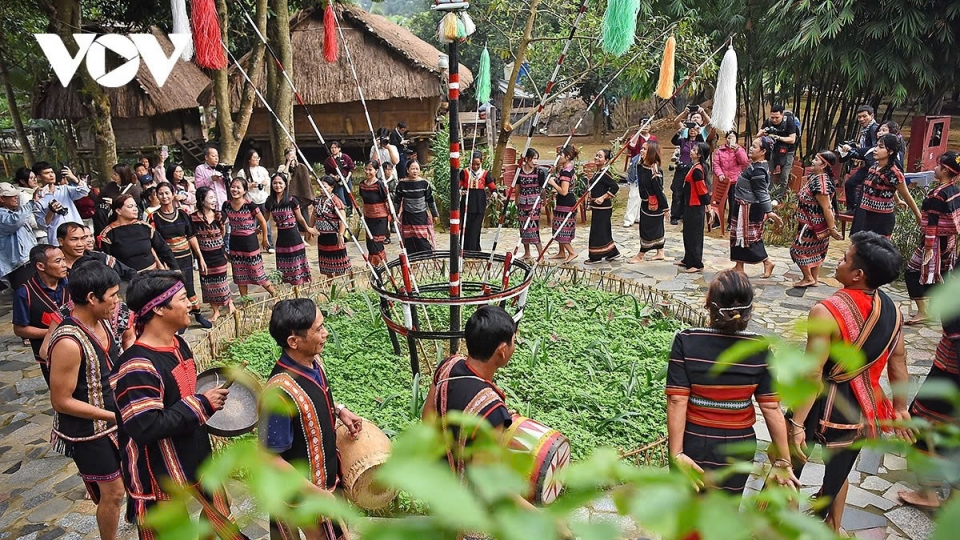Wednesday, 18:18, 10/08/2022
Hang Ma street bustling during ‘ghost month’
VOV.VN - Hang Ma street in the centre of Hanoi is bustling once again these days amid what is known locally as ‘ghost month’, the seventh month of the Lunar Calendar.
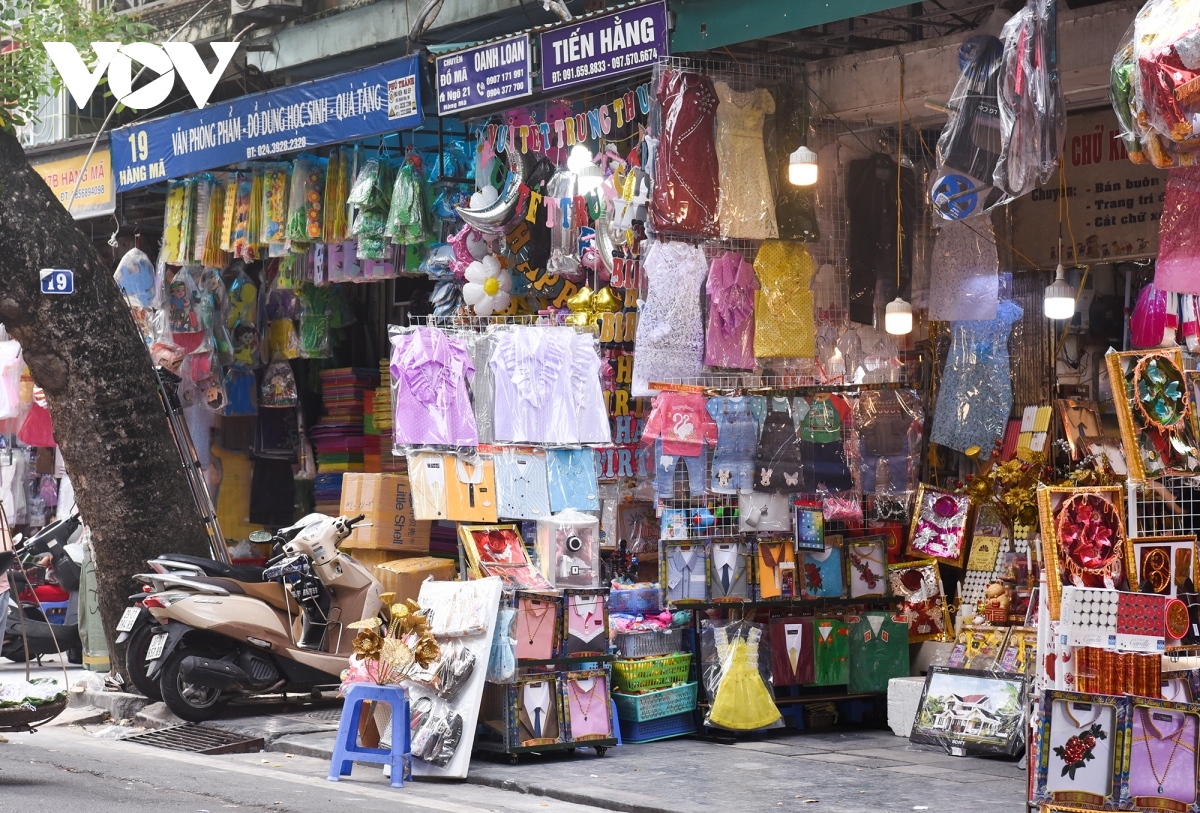
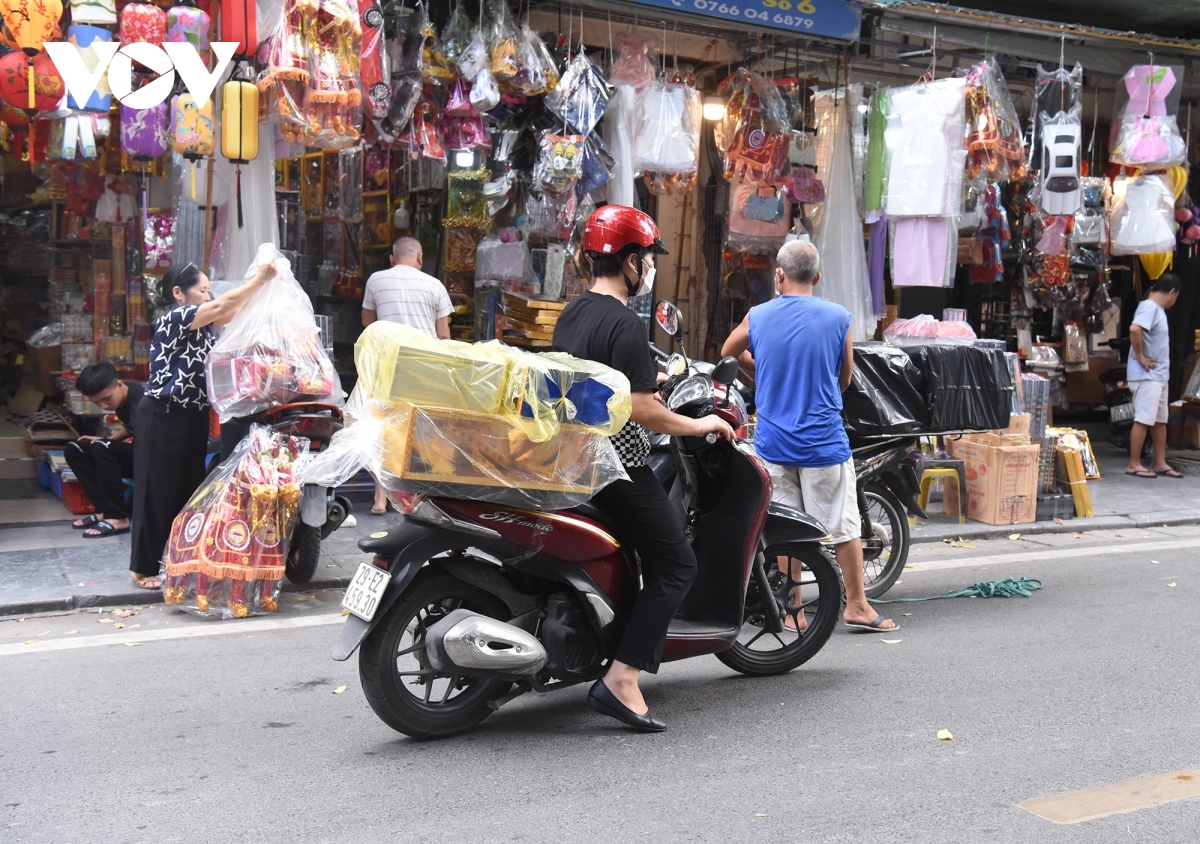

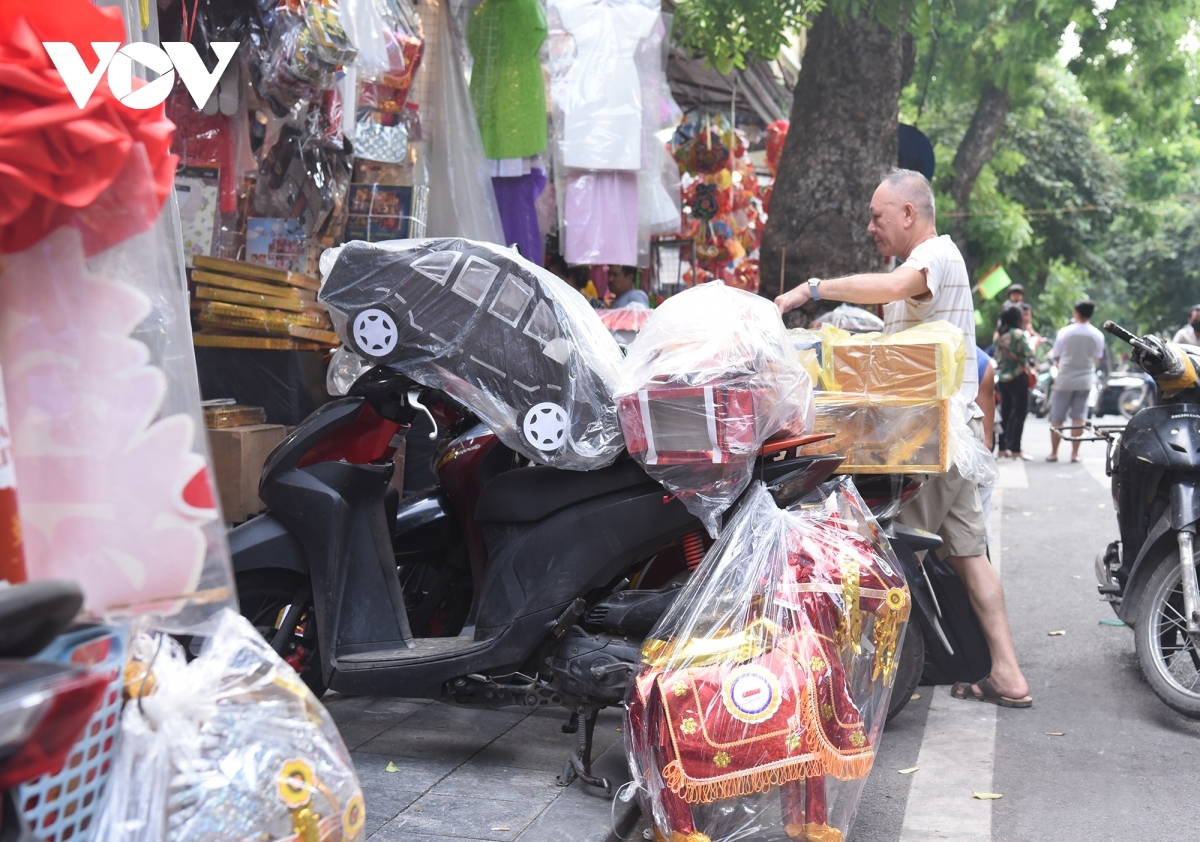
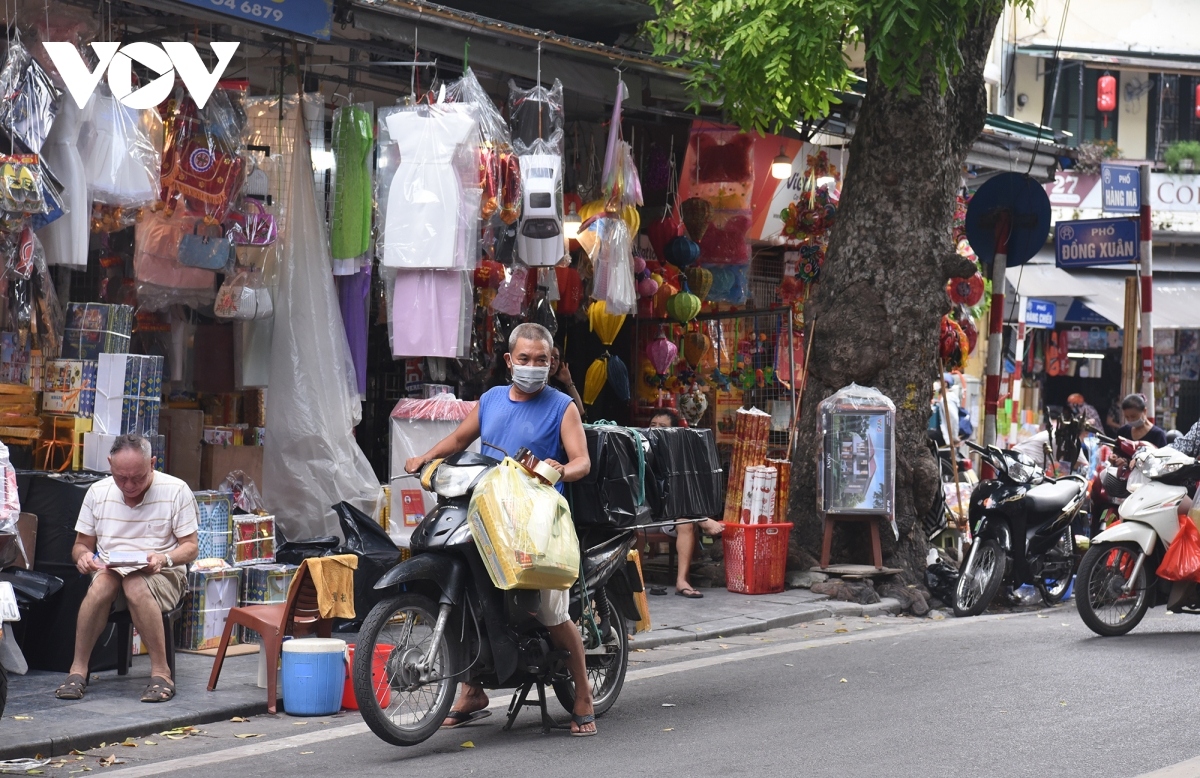

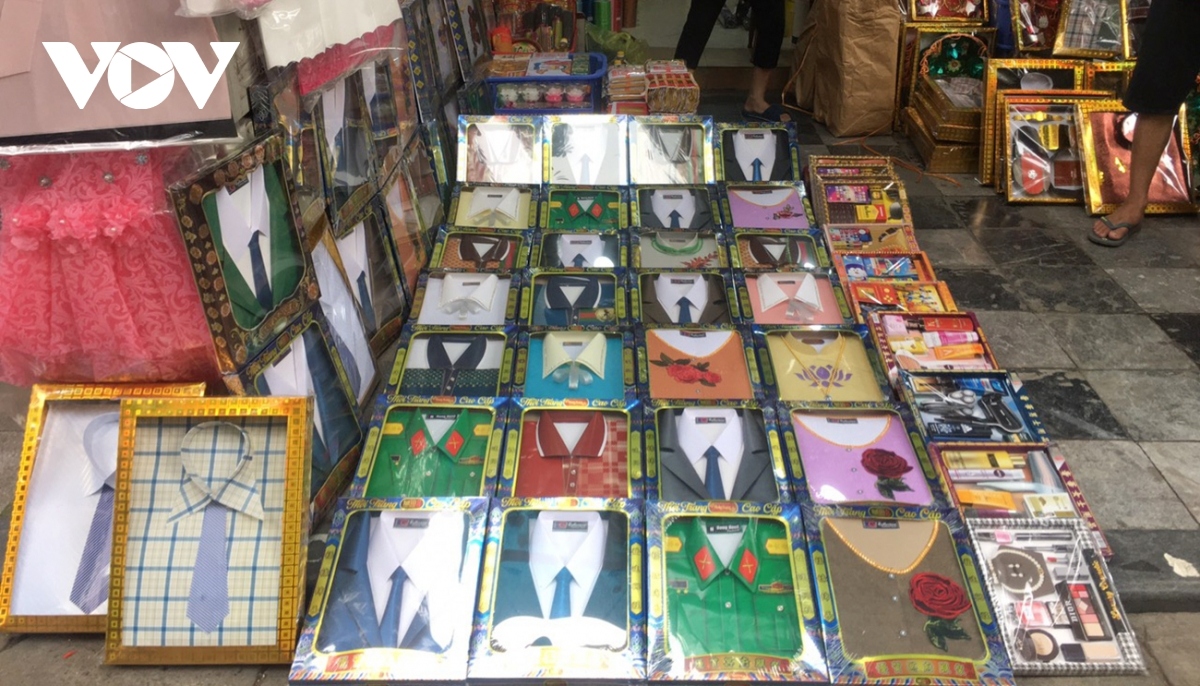

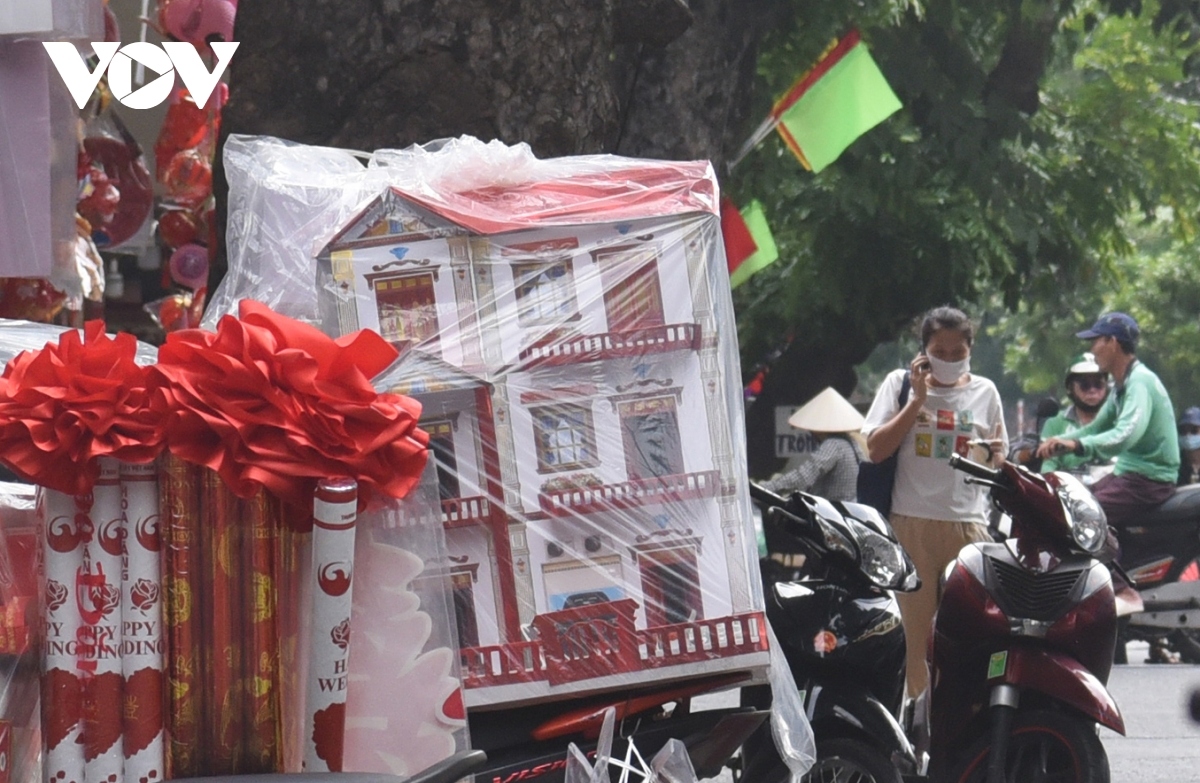
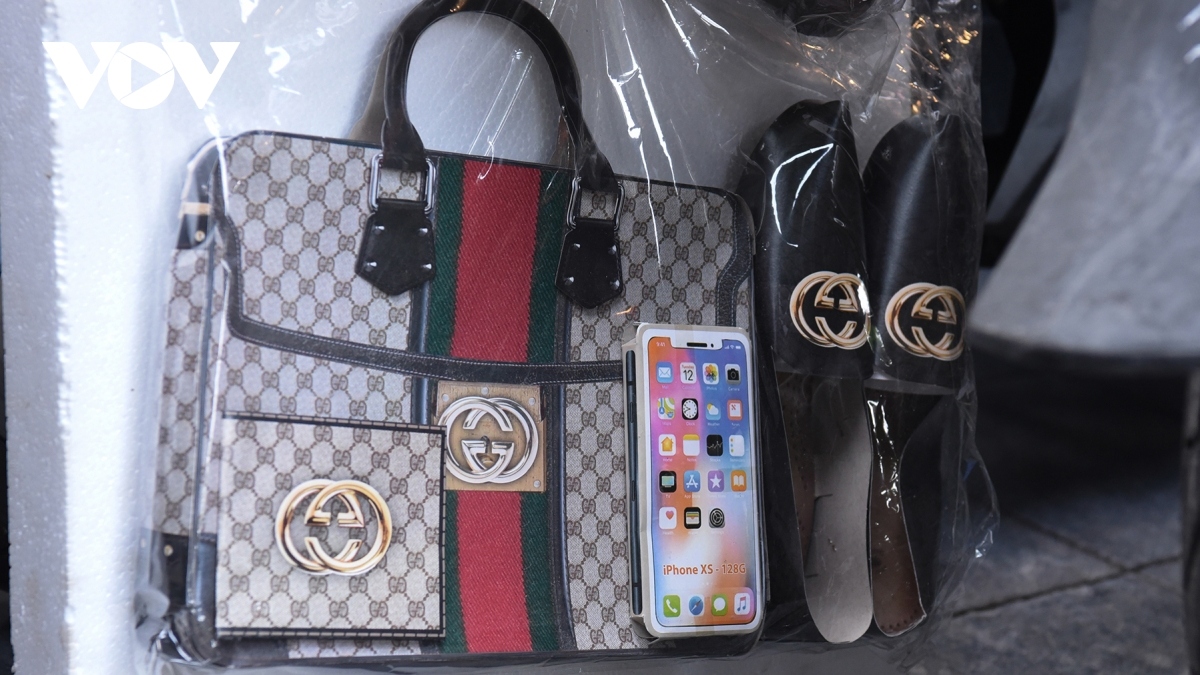
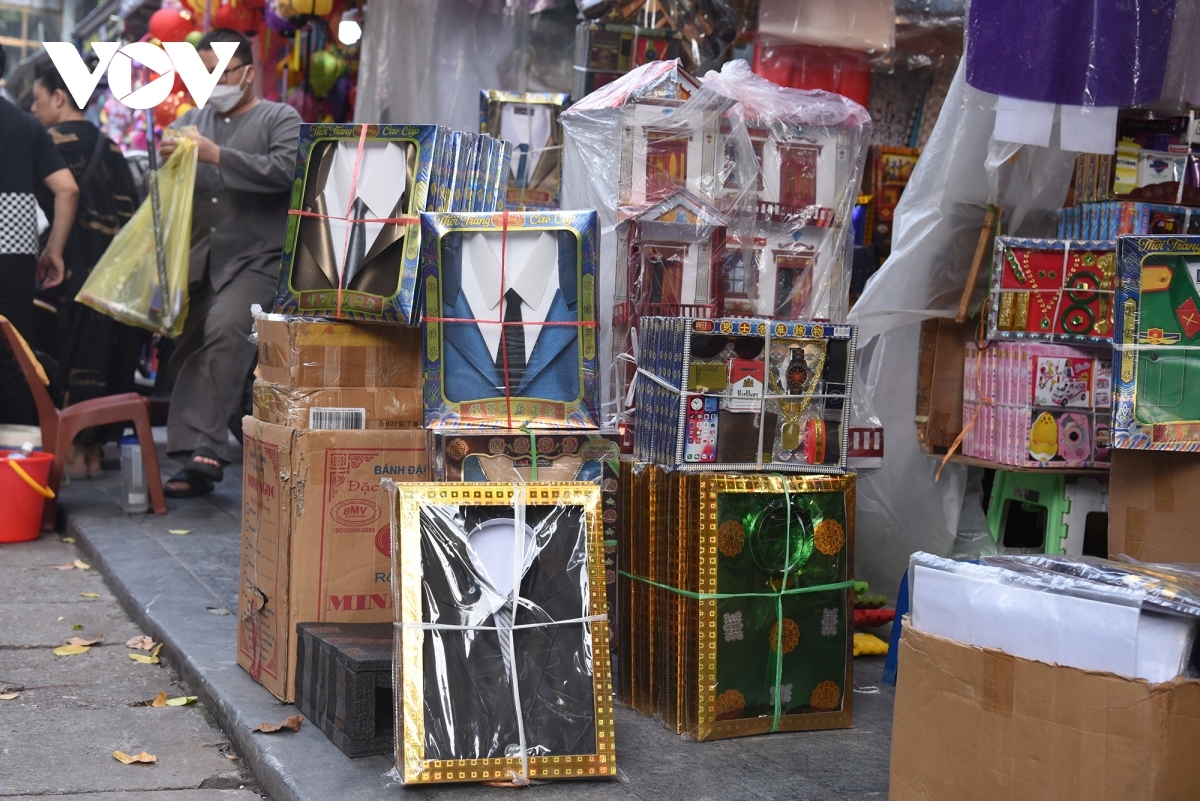
Gửi bình luận thành công
Bình luận của bạn đang được xem xét
Hộp thư thoại sẽ đóng sau 4s


